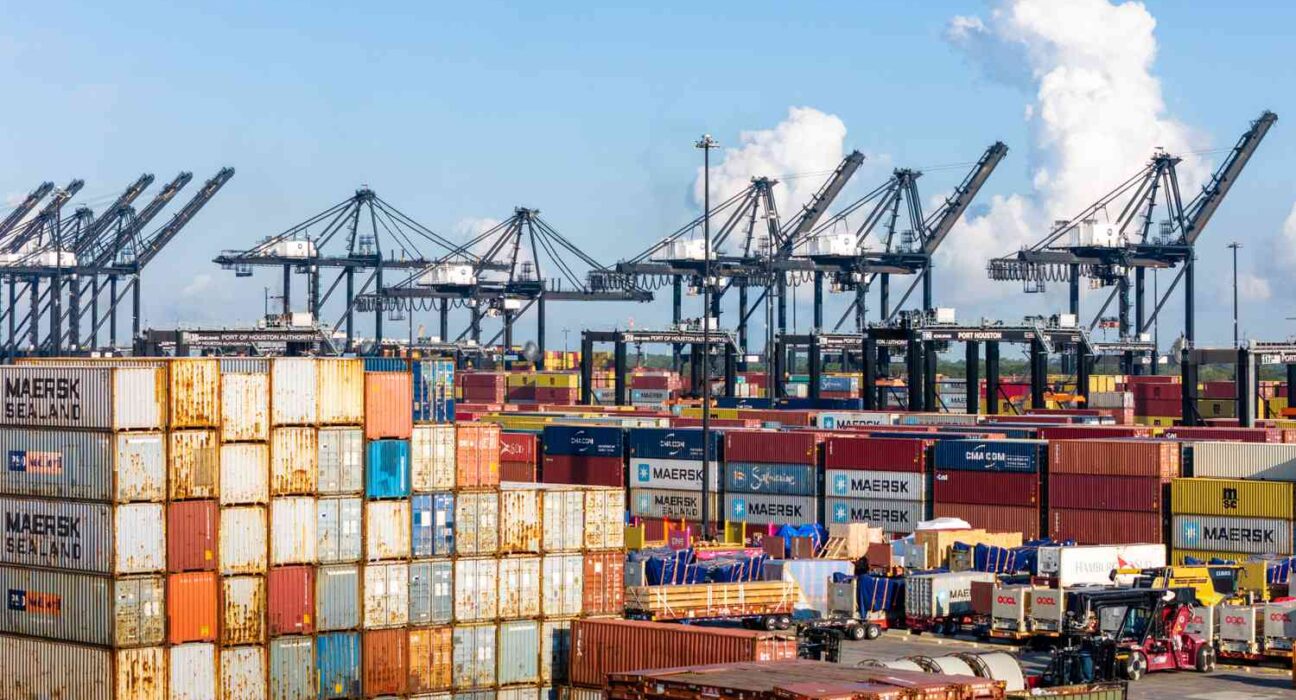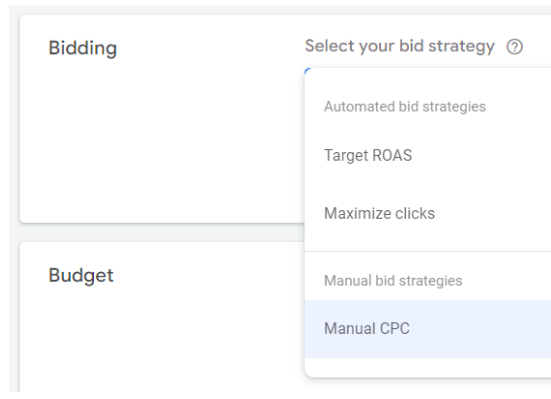Thousands of union longshoremen went on strike Tuesday after their contract demands weren’t met, affecting all major ports along the East and Gulf Coasts. This is the first coast-wide strike by the International Longshoremen’s Association (ILA) in nearly 50 years, and experts are warning of serious supply chain disruptions, product shortages, and higher prices, especially if the strike lasts a while.
Even a one-week strike could cost the U.S. economy $3.78 billion, according to The Conference Board.
SUPPLY CHAIN DISRUPTION: Discover how predictive technologies can strengthen your supply chain, boost efficiency, and keep customers happy. Learn how top retailers are tackling industry challenges and staying ahead of the competition in this must-see session. REGISTER NOW.
High Stakes: U.S. Port Strike
The ILA rejected the final offer made by the U.S. Maritime Alliance on Monday, saying it didn’t meet their demands for higher wages and job protections. ILA members walked off the job at 12:01 a.m. Tuesday, shutting down port operations from Maine to Texas.
“We’re demanding a $5-an-hour wage increase each year for the next six years,” ILA President Harold Daggett said. “We also want guarantees against automation and demand that all Container Royalty funds go to the ILA.”
The 36 East and Gulf Coast ports handle 57% of U.S. container shipments, totaling $3 trillion of U.S. trade annually. Experts say the strike could significantly impact industries like electronics and automobiles, along with other products like industrial goods, medications, and fresh produce.
The National Association of Manufacturers (NAM) estimates the strike could put $2.1 billion in trade at risk daily and shrink GDP by $5 billion per day. Some of those losses might be recovered later, but much of the damage would be long-term.
Industry groups like NAM and the National Retail Federation are urging President Biden to step in and suspend the strike for 80 days under the Taft-Hartley Act. However, the White House has said it won’t use this law and instead encouraged both sides to reach a fair agreement.
“Workers who kept ports running during the pandemic deserve better wages,” Biden said.
Building Supply Chain Resilience for the Holidays
Many retailers have been preparing for a possible strike for months, stocking up on goods early or rerouting shipments to other ports. Retailers like Costco are even exploring alternative routes to get goods across the country.
Consumers might not notice immediate effects, but if the strike lasts beyond a couple of weeks, shortages and price hikes could follow, forcing the Federal Reserve to delay cutting interest rates.
“A port strike would raise prices when inflation is just starting to ease,” said Erin McLaughlin, senior economist at The Conference Board. “Shippers are diverting some cargo to the West Coast, but options are limited.”
A Chain Reaction
This strike adds more pressure to a global supply chain already strained by other crises, such as the Red Sea shipping route shutdown and drought in the Panama Canal. A logistics expert told CNBC that strike-related delays could also slow recovery efforts from Hurricane Helene.
The ILA said their protests will continue until their demands are met. “When we fight, we win,” said Bobby Olvera, Jr., of the International Longshore and Warehouse Union, in support of the strike.









Leave feedback about this